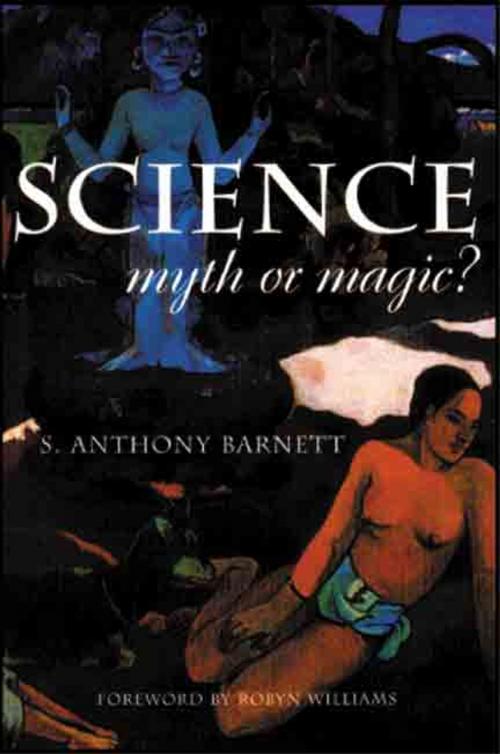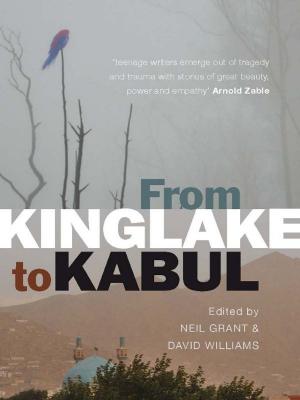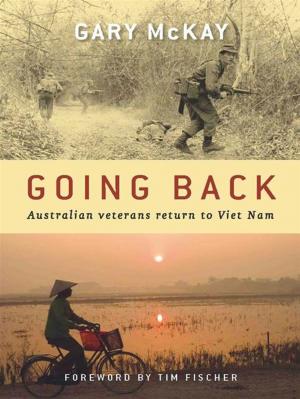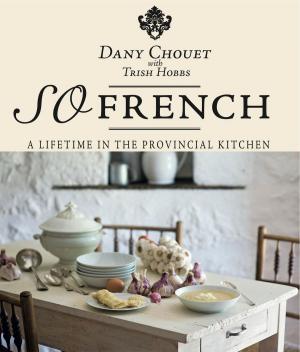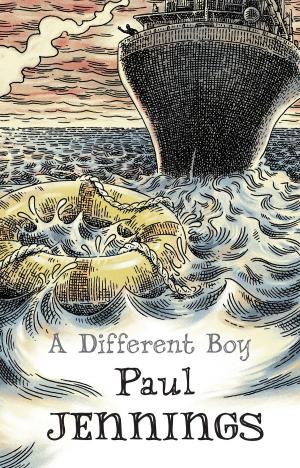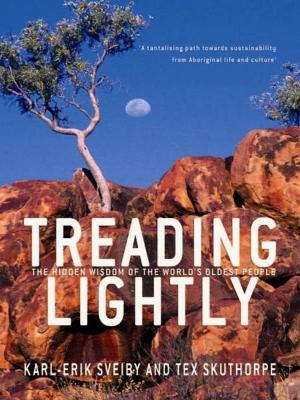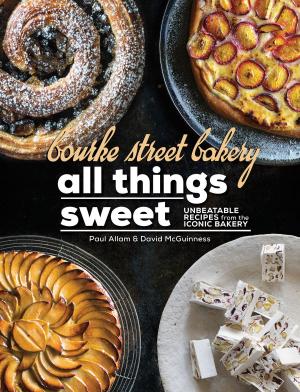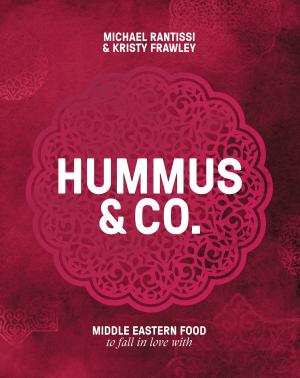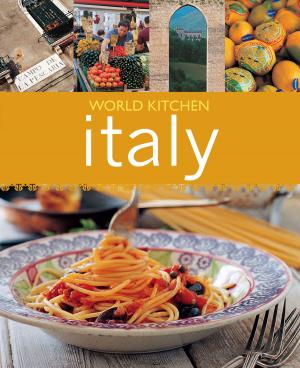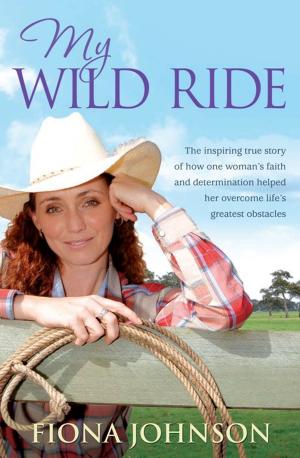| Author: | S Anthony Barnett | ISBN: | 9781741154108 |
| Publisher: | Allen & Unwin | Publication: | April 1, 2000 |
| Imprint: | Allen & Unwin | Language: | English |
| Author: | S Anthony Barnett |
| ISBN: | 9781741154108 |
| Publisher: | Allen & Unwin |
| Publication: | April 1, 2000 |
| Imprint: | Allen & Unwin |
| Language: | English |
'Tony Barnett is a masterly scientist and communicator. (The two don't always go together.) As a writer and broadcaster, he displays an encyclopedic range of knowledge--incisive, profound, often subversive--with astringent wit, common sense and irreverence.' Barry Jones, AO, FAA, FAHA, FTSE
'A delightful indulgence from one of our most lucid and readable science popularisers. He deals a death knell to deluded Darwinian distorters.' Professor emeritus Ben Selinger, FTSE, FRACI
'We live in a scientific age.'--a common assertion.
'The late twentieth century is the most superstitious on record.'--an historian's comment.
'Scientists can lead the way to truth about the universe, to combating harmful superstition and to preserving the biosphere; hence they show the way to survival for humanity.'--a view held by some scientists.
'Scientists are irresponsible magicians, or emotional cripples and inhuman researchers who care only about facts and numbers.'--so say some writers of popular fiction.
Who are these scientists? What truly is the science they practise? Few books that ask such questions are fun to read. This one, by Tony Barnett, is the exception. At the frontier of the new millennium, Tony says, the struggle for human survival demands a science that can be trusted. Scientists must not only give humanity reliable knowledge of nature; they must also state clearly what may be said, scientifically, about the human species; and what may not be said.
Science, Myth or Magic? Rebuffs the hokum about human nature and should help readers decide how they see themselves and the world. It points a way in which science can serve both truth and humanity in our present predicaments.
'Tony Barnett is a masterly scientist and communicator. (The two don't always go together.) As a writer and broadcaster, he displays an encyclopedic range of knowledge--incisive, profound, often subversive--with astringent wit, common sense and irreverence.' Barry Jones, AO, FAA, FAHA, FTSE
'A delightful indulgence from one of our most lucid and readable science popularisers. He deals a death knell to deluded Darwinian distorters.' Professor emeritus Ben Selinger, FTSE, FRACI
'We live in a scientific age.'--a common assertion.
'The late twentieth century is the most superstitious on record.'--an historian's comment.
'Scientists can lead the way to truth about the universe, to combating harmful superstition and to preserving the biosphere; hence they show the way to survival for humanity.'--a view held by some scientists.
'Scientists are irresponsible magicians, or emotional cripples and inhuman researchers who care only about facts and numbers.'--so say some writers of popular fiction.
Who are these scientists? What truly is the science they practise? Few books that ask such questions are fun to read. This one, by Tony Barnett, is the exception. At the frontier of the new millennium, Tony says, the struggle for human survival demands a science that can be trusted. Scientists must not only give humanity reliable knowledge of nature; they must also state clearly what may be said, scientifically, about the human species; and what may not be said.
Science, Myth or Magic? Rebuffs the hokum about human nature and should help readers decide how they see themselves and the world. It points a way in which science can serve both truth and humanity in our present predicaments.
